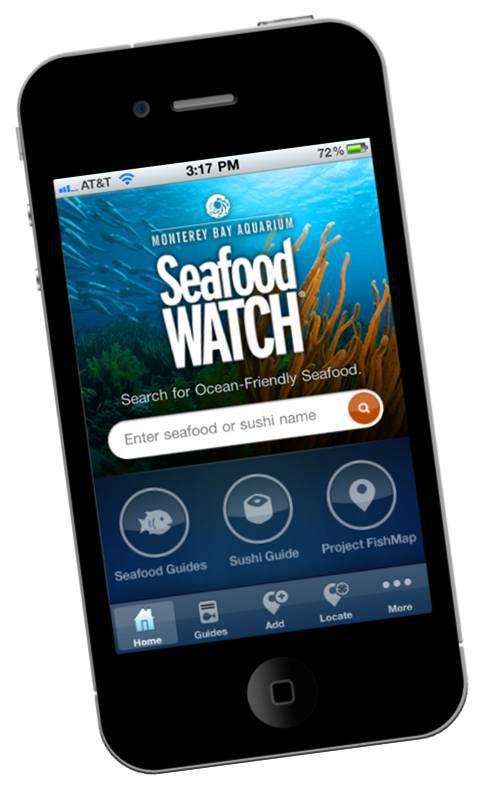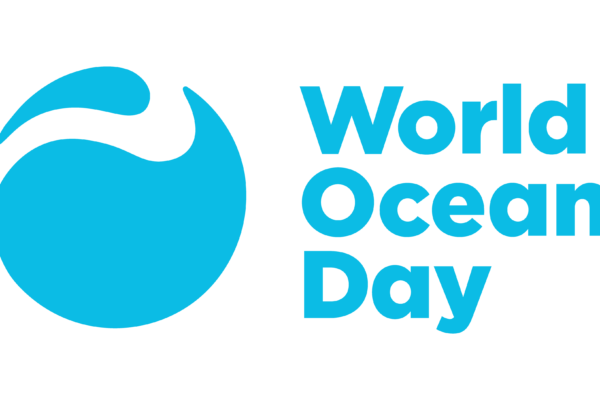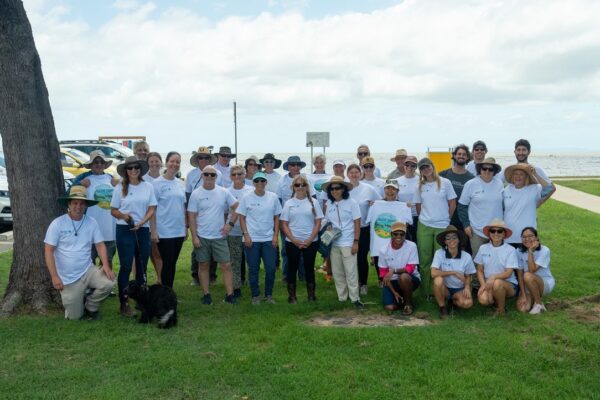Many zoos, aquariums, and museums (ZAMs) consider inspiring conservation one of their major goals for interacting with their visitors and the public. Recently, many of our partner ZAMs helped their visitors take a first step for ocean conservation by getting them involved at World Oceans Day celebrations. Smart staff "caught two fish with one hook" by explaining to guests how they can adopt long-term environmentally friendly habits, and then supported their sense of personal efficacy and identity as "green" ocean protectors by having them take real conservation action in their communities on that day. It's exciting to see more and more partner ZAMs' commitment to encouraging environmental stewardship among their visitors. Here are a few examples of what our partner ZAMs did for World Oceans Day this year.
Plastic bag pollution: Provide a solution
Utah’s Hogle Zoo addressed plastic bag pollution by encouraging guests to recycle their trash and stop it at the source. The Zoo kept it local by collaborating with a community recycler, Rocky Mountain Recycling, to collect and recycle plastic bags, and joined forces with a local grocer, Fresh Market, to donate a free reusable bag to guests who brought 10 or more plastic bags to recycle.
According to Hogle Zoo’s Events Coordinator, Cagney Smullin, “It was very popular and we had hundreds of plastic bags turned in. We put out messaging and tried to educate guests that it's best not to use plastic bags.” Hogle Zoo was smart about addressing this problem because stopping a harmful behavior (using plastic bags) isn’t enough; it's important to replace it with a positive behavior (using a reusable bag). This successful collaboration informed visitors about the negative effects plastics have on the oceans and its wildlife while providing them with a way to help as part of the solution to this issue.
Interactive games for conservation win over kids... and adults
Many of our ZAM partners found it helpful to embed information and appeals for environmentally friendly actions into fun activities, which reinforced the environmental conversation message and gave visitors opportunities to practice taking on such actions. For example, at their World Oceans Day event, the Santa Barbara Zoo created a fun, interactive game for visitors to learn more about sustainable seafood. “The fishing game for Seafood Watch, where kids 'fished' out laminated fish and then consulted a large manual to see if they should eat them was really successful… It was very successful to have a game where we could engage people and keep them around longer. Even adults would fish out laminated fish and check to see if they should eat them” explains Ria Boner, Conservation and Research Coordinator at the Santa Barbara Zoo. Visitors also were excited to learn about the Seafood Watch phone application because it “would be harder to lose” than a paper pocket guide.
Seafood Watch has a new downloadable app to help users learn up-to-date sustainable seafood info.
Coastal cleanups: Threats from marine debris taught through action
Around the globe, one of the most popular World Oceans Day activities was a coastal cleanup. Volunteers of all ages helped to clean up their local shores, some collecting hundreds of pounds of trash. This type of event is a great opportunity to teach people about the threats of marine debris, which can be reinforced with first-hand accounts of coastal pollution. The cleanup event held by Museo Sang Bata Sa Negros, an interactive marine museum for children found in Sagay City, Philippines, was particularly exciting. The museum’s director Elizabeth Cordova-laO' explains, “Since our museum is located right beside the sea, during World Oceans Day, we had a coastal cleanup activity with 60 kids participating and some of their parents.” Not only did they hold a cleanup, but they engaged the kids about what they had learned with a lot of fun and excitement: drawing contests, freeing an entangled sea turtle, talking about why their local mangroves were important to their community, a dance performance, and more. Researchers have noted the benefits of volunteering in actions like these, especially with children. Some of the benefits include the potential to promote healthy lifestyles and choices, improve one’s sense of community, and encourage civic responsibility.
Coastal Cleanup at Museo Sang bata Sa Negros in Sagay City, Philippines.
Look out next week for our next blog posting, which will talk about ZAM partners who asked visitors to make an Ocean Promise in honor of World Oceans Day.





